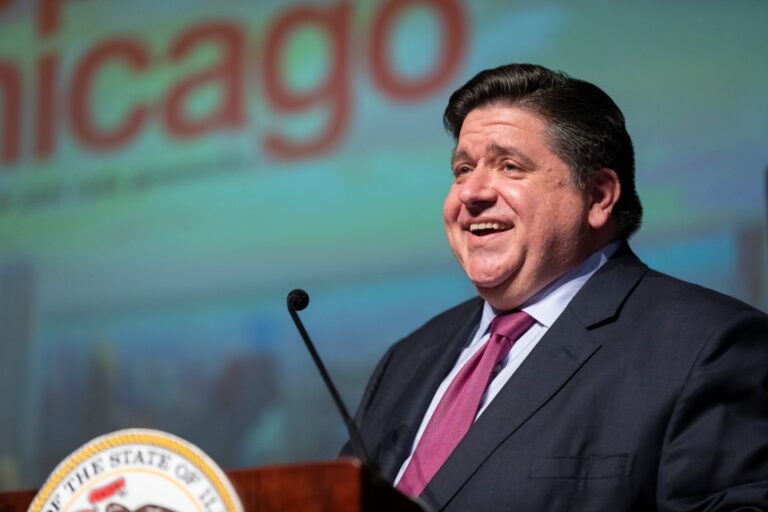On July 1, Governor J.B. Pritzker froze a proposed gas tax hike, while suspending the grocery tax on certain items. These were two of many initiatives meant to quell rising inflation.
Dean Baker, a senior economist at the Center for Economic and Policy Research, described inflation as a time when “most prices are rising,” as opposed to the price of one commodity.
Baker argued that some level of inflation is healthy for the economy. “Three to four percent is fine,” he said. Though, “over the last year, it was at 8.5%.”
Listen to this story here.
He said that lifting the grocery tax is a positive development, especially for low-income people.
“I’m much more sympathetic to the food tax (than the gas tax). That’s gonna be very progressive. We know that lower-income people disproportionately spend money on food,” Baker said. He said this move is a “perfectly reasonable, good thing to do.”
However, Baker said he’d take this opportunity to invest in mass transit, rather than attempting to decrease gas prices.
Baker said inflation in the U.S. is made out to be a partisan issue, though it’s really a global problem. He said this is because of the pandemic’s impact on the international supply-chain and the Russia-Ukraine war.
“Ukraine is a big exporter of wheat, corn, fertilizer, and also oil and natural gas. Because there’s been an effort to boycott Russia’s oil and gas, [it] would at least in principle, mean less supply in world markets, and oil prices, of course, did soar.”
Baker also said that cutting certain taxes – as Governor Pritzker did – can increase inflationary pressures, but not enough to deepen the crisis.
Harrison Malkin is a reporter for Illinois Public Media. Follow him @HarrisonMalkin

